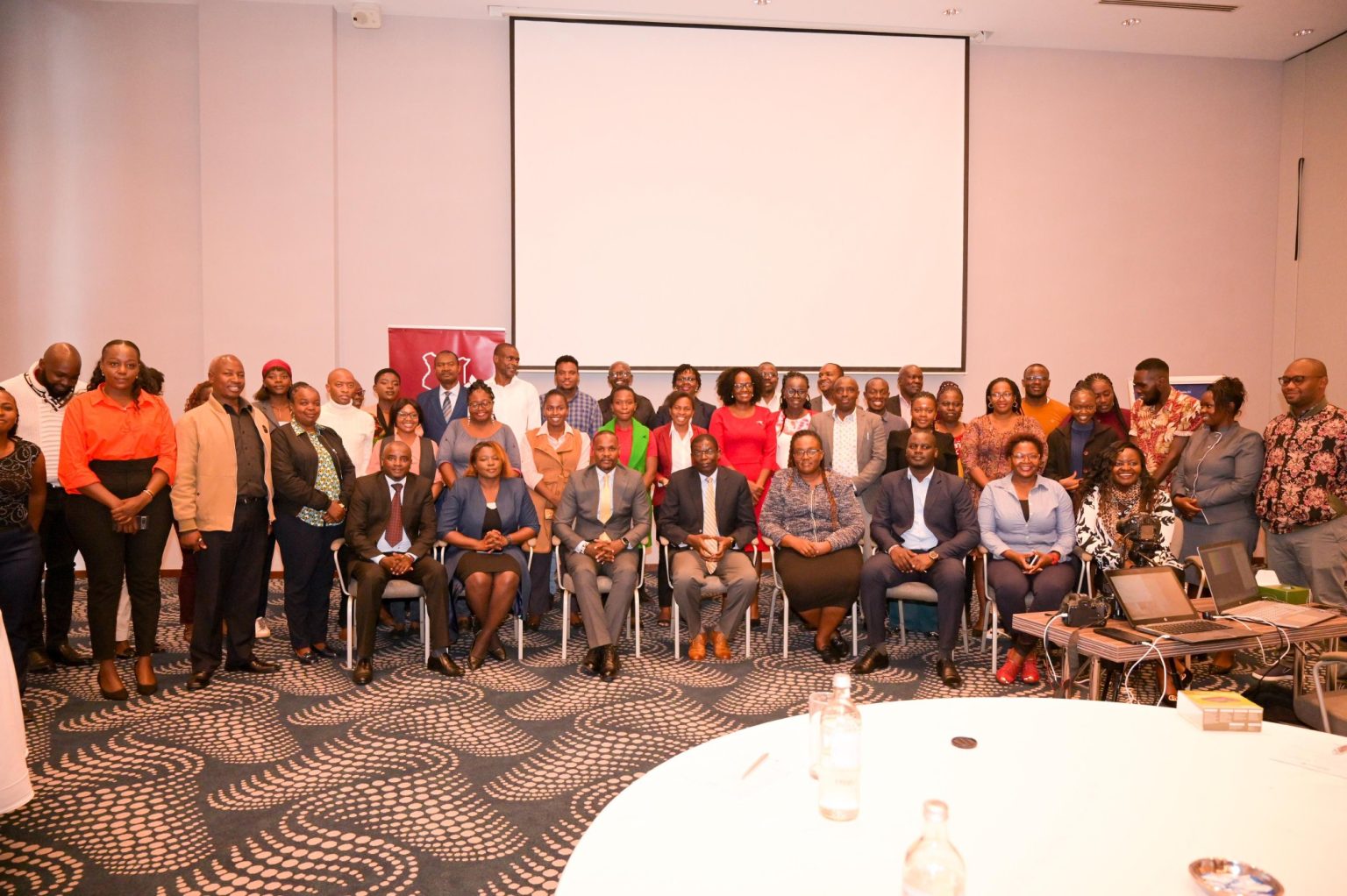By Lenah Bosibori
Science journalists in Nairobi were trained on how to report well on climate change, its impacts and their effects on ecosystems economies and livelihoods worldwide, the call being to put human faces in telling climate stories.
Speaking during the official opening of the two-day climate change reporting and curriculum development pre-training workshop for editors, journalists, and scientists in Nairobi, Eng Festus Ng’eno Principal Secretary, State Department for Environment & Climate Change said that the media plays an integral role in shaping public opinion, influencing behavior and attitudes, spreading awareness, and sharpening knowledge on climate change.
“Kenya’s diverse ecosystem and communities are vulnerable to climate change and media reporting can help raise awareness and drive policy change, reporting plays a significant role in advocating for local action and solutions to combat climate change,” said Ng’eno.
Ng’eno added that the media serves as a powerful tool in holding stakeholders accountable on matters of climate change adding that the role cannot be overstepped since it helps the public on policy decisions.
Journalists from different media houses converged for the training ahead of the Conference of Parties (COP 29) preparations for UN Climate Change Conference (UNFCCC COP 29) to be convened in November 2024 in Baku, Azerbaijan.
Climate change according to the United Nations refers to long-term shifts in temperatures and weather patterns. Such shifts can be natural, due to changes in the sun’s activity or large volcanic eruptions. But since the 1800s, human activities have been the main driver of climate change, primarily due to the burning of fossil fuels like coal, oil and gas. According to United Nations, What is Climate Change.
Ng’eno further said that climate change reporting requires more than just ability to convey information, it demands understanding of the scientific, social and political dimensions of climate changes as well as all the skills to communicate complex issues.
“It is not just about training people on climate change in a fact faced and balanced manner, it is very important to combat misinformation and disinformation and ensure that the public is receiving accurate and high-quality information on climate change issues,” added Ng’eno.
Dr John Reche, a scientist at International Livestock Research Institute (ILRI) said that Climate change is not just about the environment, new research has shown that air pollution is affecting our mental health too.
“There is urgency in mitigation; the media can report on the economic losses due to climate related disasters, the cost of adaptation measures, and opportunities for green economic growth,” said Recha.
He adds that climate change can lead to changes in rainfall patterns, increased temperatures and more frequent droughts as we experienced last year during the worst drought ever in 40 years.
Charles Mwangi Head of Programs and Research at Pan Africa Climate Justice Alliance (PACJA) said that the African continent is more affected with climate change and yet it emits a mere 4 per cent.
“When talking about the impact of climate change, it’s the African continent that is affected first. Until the media learns to do stories down in a way that is relatable then some may not understand the war against climate change,” he said.
He emphasized that journalists should put a human face to the climate stories they tell. “It is important to put a human face in the stories you tell, using personal stories to tell the climate story will help convey the effects on individuals and communities,” said Mwangi.
Prof. Levi Obonyo, the dean of Daystar University’s school of communication, language and performing arts said that the platforms of sharing stories are now on our hands urging journalists to look for international spaces to share their stories.
“The platforms of sharing stories are now in our hands. There is a need to look for international spaces where our stories can be shared,” said Obonyo.
Rosalia Omungo CEO Kenya Editors Guild (KEG) on her part urged journalists to go beyond who said what and when urging them to utilize data visualization to add support, she reiterated that journalists should tell factual and timely climate change stories.
“Excellent reporting should go beyond who said what and when. There is a need for sourcing data to support the same. The report should be factual and timely,” said Omungo.
Journalists also on their part urged the government to do away with protocols and bureaucracy to ease access to information on climate change.
“Gov’t should do away with protocols and bureaucracy to ease access to information on climate change,” said Hellen Shikandah, a journalist with Nation Media Group.




